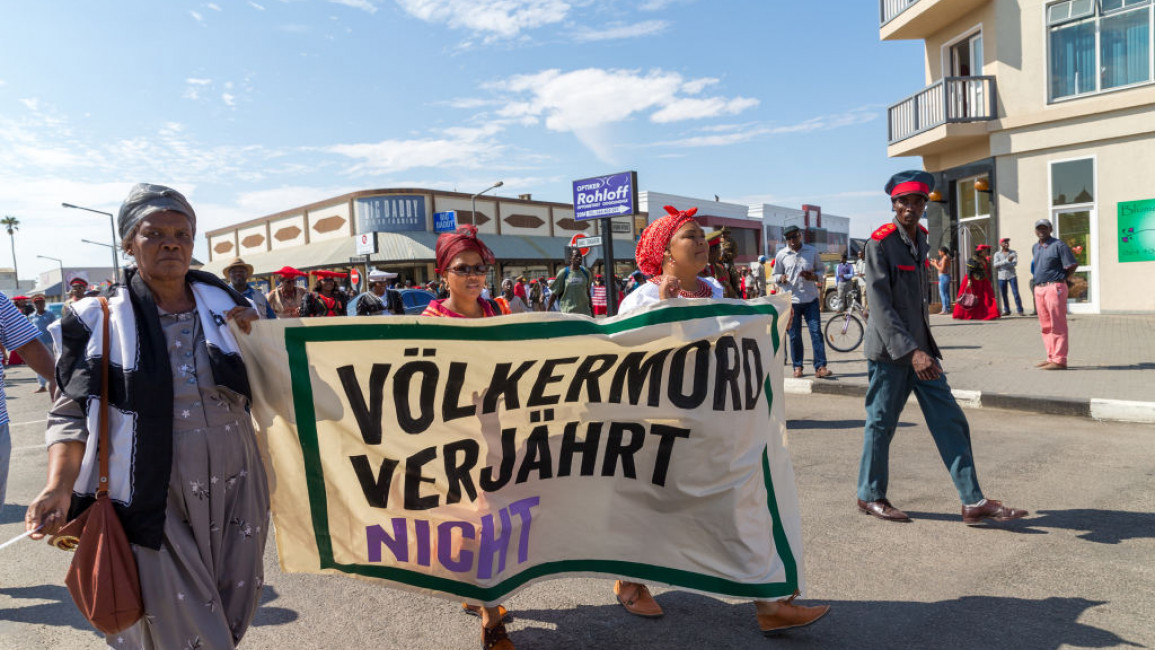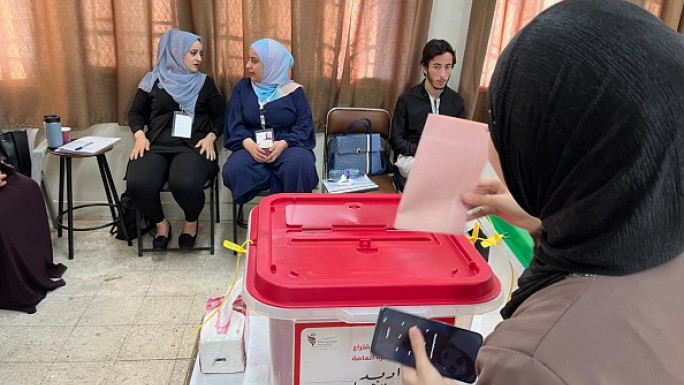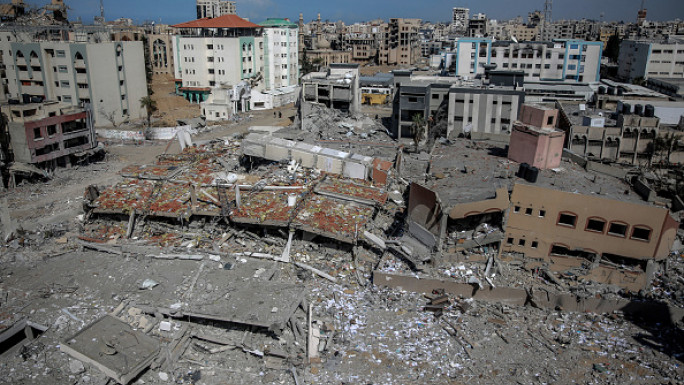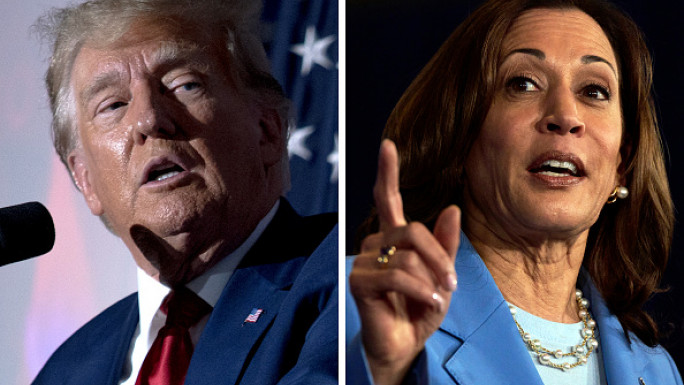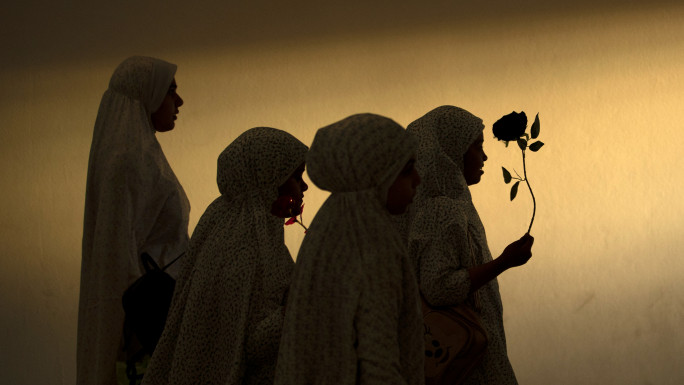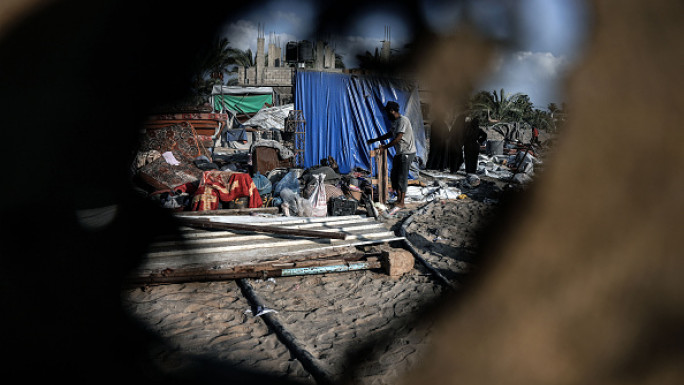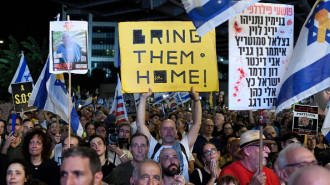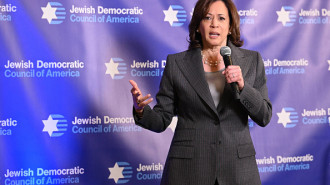Namibian genocide victims' descendants feel betrayed by Germany and their own government
In late June, Namibia announced that starting in 2025, June 28 will be a public holiday to commemorate a 19th century German genocide against the Nama and Ovaherero (also Herero) peoples.
Namibia's Vice President Netumbo Nandi-Ndaitwah meanwhile announced the creation of a Special Purpose Vehicle (SPV) dedicated to the descendants of the Nama and Herero tribes which will oversee the allocation and use of German funds earmarked for reconstruction and reconciliation programs for affected communities, according to Bloomberg.
Nandi-Ndaitwah appealed to traditional leaders invited to her consultations to not raise expectations of re-negotiations with Germany over reparations, but some tribal leaders told The New Arab they were excluded from the meeting convened in June.
"The VP's office has chosen not to invite the Ovaherero Traditional Authority under my leadership, which represents the greater majority of the Ovaherero people in Namibia and those in the diaspora," Ovaherero Paramount Chief Prof. Mutjinde Katjiua told The New Arab.
"This has been the modus operandi of our government ever since 2015 when they started engaging the German Government on the Ovaherero and Nama genocide. We have always been excluded," he added.
During German colonial rule in Namibia, an estimated 65,000 of the 80,000 Herero (approximately 75% of their population at the time) and at least 10,000 out of 20,000 Nama (50% of the population) were killed.
Germany, like many former colonial powers, argues that the 1948 UN Convention on Genocide does not apply retroactively to events predating 1946, thus attempting to sidestep full liability.
In 2021, Germany agreed to grant €1.1 billion to the Namibian government for reconciliation projects, and the newly announced SPV is part of that process.
Despite this offer, the Nama and Herero consider these projects inadequate substitutes for proper reparations, especially given the loss of their ancestral lands to German settlers.
While recent moves by Nambia and Germany have aimed to address ongoing grievances stemming from the brutal campaigns by the German Empire between 1904 and 1908, which Germany officially recognized as a genocide in 2015, the lack of legally binding reparations continues to fuel frustration among the Nama and Herero, who say their key demands remain unmet.
These demands were laid out clearly in 2006, but Prof. Mutjinde Katjiua accuses the Namibian government of having abandoned an agreement made on this issue on 26 October, 2006, which called for direct negotiations between Germany and the affected communities.The agreement is based on a resolution that requested the National Assembly, through the government to tell the German government that the atrocities committed against the Ovaherero and Nama peoples during her colonial rule in this country constituted the crime of "genocide" as per the UN Convention.
Therefore, it requested the German government to pay reparations to the victims, the victims in this case being the Ovaherero and the Nama peoples who were singled out for extermination. Finally, the resolution demands a dialogue between, on the one hand, the German government and on the other hand the victims, and that the Namibian government shall be an interested party.
Chairperson of the Ovaherero Genocide Foundation (OGF), Nandiuasora Mazeingo, meanwhile expressed skepticism about Germany’s acknowledgment of the genocide.
"The statement by the Vice-President of Namibia is filled with mistruths, including that Germany has acknowledged genocide—a blatant lie. Germany still uses qualifiers in her official text in reference to her so-called acknowledgment."
Mazeingo emphasized that reparations should not be replaced by developmental aid such as the SPV, which grants the perpetrator undue power in his view.
"In this case, a former colonial power with a dominant economy in geopolitics dictates terms of when it elects to give what and to whom, excluding us, the targeted communities of Ovaherero and Nama tribes, from such processes of defining our own justice."
Katjiua said that the Namibian government had abandoned that agreement and was now engaging with the government of Germany itself without them. The only way forward is to reopen negotiations directly with the Germans.
"Our government has chosen to abandon this and rather elected to have a bilateral process limited to the two governments. For as long as we are not part of the trilogy, we deem these so-called negotiations as a false start and which must be restarted afresh. Needless to say, as we often do, it cannot be about us, without us."
The New Arab has reached out to the governments of Namibia and Germany for comment but did not receive a response from the Namibian government by the time of publication.
A spokesperson of the German Federal Foreign Office told The New Arab: "From the very beginning of the reconciliation talks, the German and Namibian governments were in agreement that representatives of the Herero and Nama communities must be included in the negotiation process. Hence, the Namibian government involved representatives of the Nama and Herero throughout the dialogue process. A so-called "Technical Committee" with descendants of the victims is participating directly in the talks with the German government. Also, an association of traditional authorities and royal families, the so-called Chiefs Forum, was consulted. As far as the German government is aware, Herero and Nama groups who hold a different view on the Joint Declaration and have decided not to participate in the negotiation process are still expressly invited by the Namibian negotiating team to actively contribute to the process."
